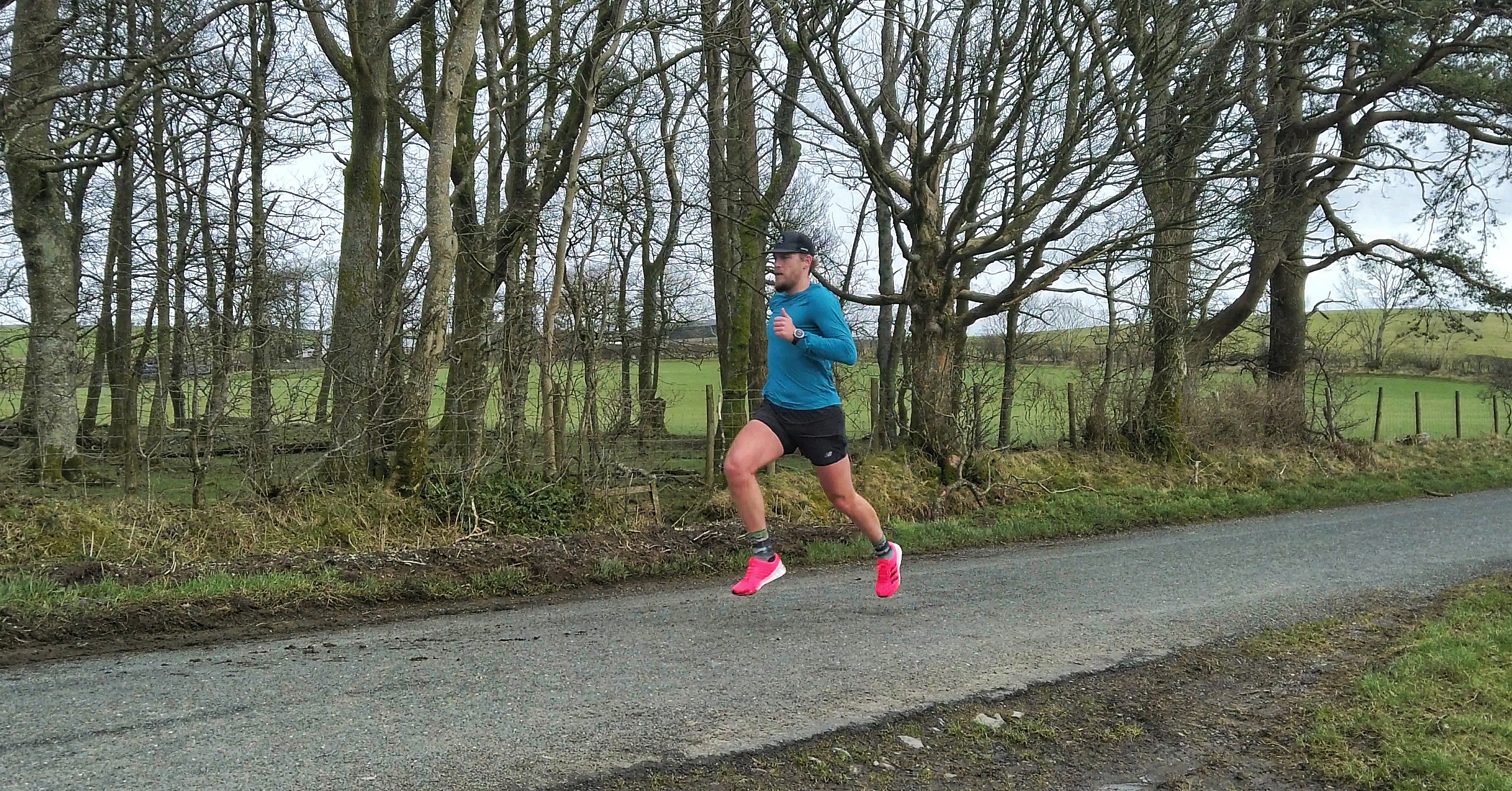The Marathon Taper Phase: What to Expect and How to Navigate Doubts
- Darren Haworth

- Mar 20, 2023
- 2 min read
Updated: Mar 20, 2025
The marathon taper phase is a crucial part of your training cycle, yet it can also be one of the most mentally challenging periods for runners. After months of building endurance and strength, reducing your training volume may feel counterintuitive. However, proper tapering is essential for peak performance on race day.

What is the Taper Phase?
The taper phase is the final stage of marathon training, typically lasting between two to three weeks before race day. During this period, you gradually reduce your mileage and intensity to allow your body to recover, rebuild, and replenish energy stores. The goal of tapering is to ensure that you arrive at the start line feeling fresh, strong, and ready to perform at your best.
What to Expect During Tapering
1. Reduced Mileage and Intensity
Expect your weekly mileage to drop by 20-50%, depending on your training plan. Intensity may also decrease, but some speed work and short race-pace runs will be included to keep your legs sharp.
2. Increased Rest and Recovery
With less training volume, your body gets the opportunity to repair muscle damage, reduce fatigue, and optimize glycogen stores. Use this time to prioritize rest, sleep, and proper nutrition.
3. A Mix of Physical and Mental Changes
You may feel unexpected physical sensations—heavy legs, sluggishness, or minor aches. These are normal as your body shifts from high-intensity training to recovery mode. Mentally, you might experience anxiety, doubt, or even guilt about running less. Trust the process!
Common Doubts and How to Handle Them
1. "Am I Losing Fitness?"
No, you’re not! Studies show that tapering maintains endurance while improving muscle strength and efficiency. Your fitness is already built—you’re just fine-tuning it for race day.
2. "Should I Run More If I Feel Restless?"
No! Resist the temptation to add extra miles. Your body needs rest to fully recover and perform at its peak. Stick to your taper plan.
3. "Why Do My Legs Feel Heavy?"
This is common during the first few days of tapering. Your muscles are adapting to lower mileage, and your body is shifting into repair mode. Hydration, light stretching, and short, easy runs can help alleviate the feeling.
4. "What If I Feel Slower During My Runs?"
Pace fluctuations are normal during tapering. Don't worry about a few sluggish runs—your energy will return on race day.
5. "Am I Eating Too Much Since I'm Running Less?"
Your appetite might remain high, but this is your body replenishing glycogen stores. Focus on balanced nutrition and avoid excessive restrictions.
Tips for a Successful Taper
Trust Your Plan: Your training has prepared you; trust that tapering will help you perform at your best.
Prioritize Sleep: Quality rest enhances muscle recovery and race readiness.
Stay Hydrated: Drink enough water to aid muscle function and recovery.
Visualize Race Day: Use mental imagery to boost confidence and prepare for the big day.
Stick to Routine: Keep warm-up, nutrition, and sleep schedules consistent to avoid unnecessary stress.
Tapering is an essential part of marathon training, allowing you to arrive at race day feeling strong, refreshed, and ready to go. While doubts and restlessness may creep in, remind yourself that this phase is designed for optimal performance. Embrace the process, stay positive, and get ready to conquer your marathon!







Comments